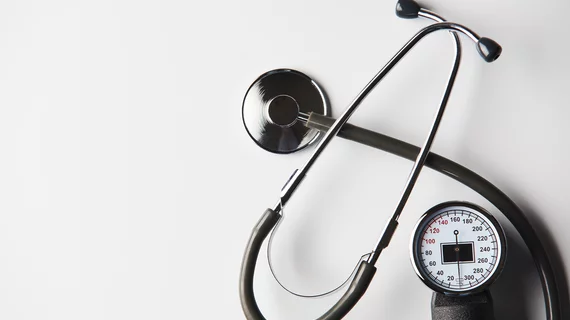‘Alexa, what’s my blood pressure?’: Amazon’s solution to home BP monitoring
Amazon has teamed up with product developer Omron Healthcare to integrate its Alexa voice assistant with Omron’s family of blood pressure monitors, CNBC reported. The move is expected to help heart patients better manage their BP.
“We have the first (Amazon) Alexa skill to connect to a blood pressure monitor,” Ranndy Kellogg, Omron’s CEO, told CNBC. “If you ask for a blood pressure reading, it will look for our app.”
Kellogg said his team worked closely with Amazon to build out the skill, which allows users to pair their Omron cuff to Amazon’s mobile app before connecting it to Alexa. After that point, they can request a reading of their latest blood pressure results, calculate their average readings or compare BP levels throughout different times of the day. Alexa can even remind patients to check their blood pressure if they usually forget.
“My team here who wrote the skill worked hand-in-hand with Amazon’s Alexa and Echo teams to build the skill, test it and even add new features as Amazon makes them available to healthcare companies,” Kellogg said.
The partnership isn’t Amazon’s first foray into the healthcare world—in August the company announced it had hired Maulik Majmudar, a cardiologist who worked at Massachusetts General Hospital and lectured at MIT, to its team. According to CNBC, Amazon also has more than a dozen employees who are focused solely on Alexa applications for the medical world.
Read more from CNBC below:

